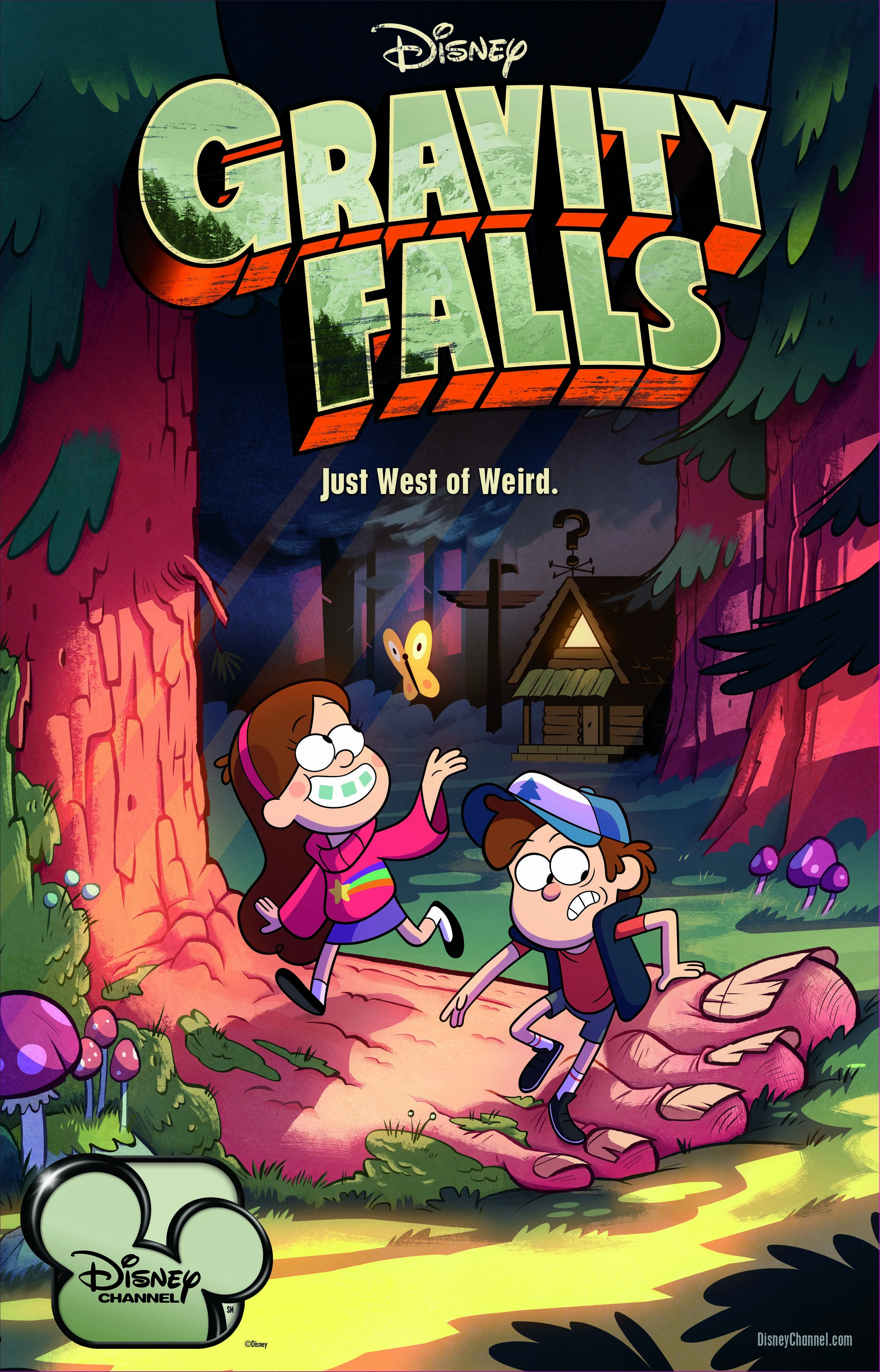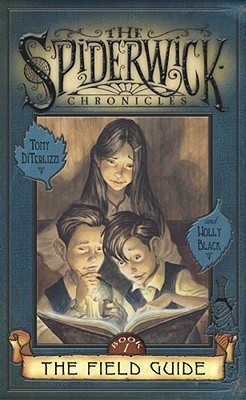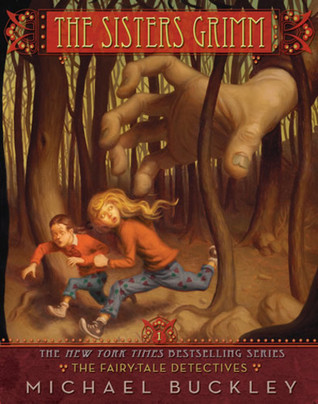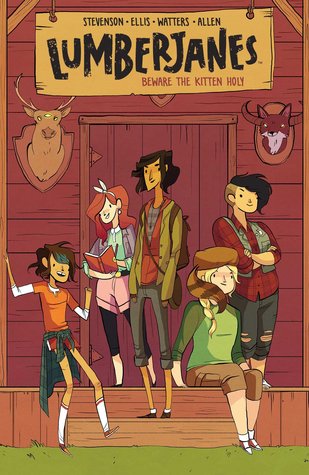So, as you've probably seen at some point in the past couple of days, we're currently in the middle of Banned Books Week! AKA, one of my favorite unofficial reading holidays of all time.
I wasn't sure about what I wanted to write to celebrate this annual event - Top 10 faves? List of books that I can't believe have been banned? A reprint of my 10th-grade research paper on the practice of banning books? - until I actually sat down to write it. What I actually ended up with, was a self-directed conversation about why Banned Books are so important to me. I hope you enjoy!
... is that any attempts at banning them, are only going to make them more popular. (To be fair, not all of them need the publicity boost, but then again, almost none of them need to be getting banned in the first place.) The thing about banned books, is that if you've ever wanted to insure a kid gets their hands on something, it's by telling them they can't touch it. The thing about banned books, is that they're as integral to the ways developing minds source new material, as the school must-read book list does.
And the thing about banning books?
It's a garbage thing to do. It restricts access to diverse and complex ways of thinking, and it promotes fear and ignorance as effective tools for teaching and leading. It homogenizes one of the primary resources young people have, for being introduced to and understanding new ways of thinking, while barricading the clientele libraries, schools, etc. are supposed to be serving, from reaching a viewpoint other than what you deem socially acceptable.
You need no reminder that I love books. Books are the best; books have saved my sanity and soul on more than one occasion. Beyond all measures of genre and category, I like to read books that reflect the world I live in: a unique, diverse, complex, and varied place.
Sometimes, things in books are tough things to read about, because sometimes the world is a tough place. Sometimes, I like to read to get away from those tough things, and seeing them in books I'm reading can be a rough reminder of the world outside my front door. If those "tough things" you don't like reading about include topics of sexuality, homosexuality, religion, gender, etc., then I hate to break it to you, it's you who's got a problem, not the books. Still, I'll defend your right to not have to read about them... to an extent. Because the second you start infringing on someone else's right to access that same information, then I've got a problem with you.
Sometimes, things in books are tough things to read about, because sometimes the world is a tough place. Sometimes, I like to read to get away from those tough things, and seeing them in books I'm reading can be a rough reminder of the world outside my front door. If those "tough things" you don't like reading about include topics of sexuality, homosexuality, religion, gender, etc., then I hate to break it to you, it's you who's got a problem, not the books. Still, I'll defend your right to not have to read about them... to an extent. Because the second you start infringing on someone else's right to access that same information, then I've got a problem with you.
Like I said, books are modeled off and reflective of our realities... most of the time. But books also mold and form the realities of the people who read them, especially young people. Kids and teens are the most impacted by the books they read, as it's not only integral to their educational process, but it's one of their first chances at learning how to define themselves; we're just supplying them with the appropriate set of dictionaries to do it. When you take away representation in books, you rob them of a set of definitions. You restrict them to the labels and ideas you deem "worthy" or "right."
One of the reasons I really want to work in the publishing field of YA, isn't just because I love reading YA books (mainly because, as any reader of this blog could tell you, I read a lot more than that, too). It's because the books that people read in that age group play the most significant part of shaping who they are.
Here's the two-step process of how I define a book as YA: 1. It stars characters who fall within a certain set of ages, and 2. It is most popularly read by a group of people who fall within those same age limits. Guided by these criteria, you are confronted with a bookshelf packed with some of the most influential books within the scope of literature: Harper Lee's To Kill a Mockingbird, J. D. Salinger's The Catcher in the Rye, Madeleine L'Engle's A Wrinkle in Time, and many more, are all technically YA books. You know what else those books all have in common?
They all make the Banned Books list.
Here's the two-step process of how I define a book as YA: 1. It stars characters who fall within a certain set of ages, and 2. It is most popularly read by a group of people who fall within those same age limits. Guided by these criteria, you are confronted with a bookshelf packed with some of the most influential books within the scope of literature: Harper Lee's To Kill a Mockingbird, J. D. Salinger's The Catcher in the Rye, Madeleine L'Engle's A Wrinkle in Time, and many more, are all technically YA books. You know what else those books all have in common?
They all make the Banned Books list.
And so do the Harry Potter books. Cultural juggernaut they may be now, but even when I was in high school, I still knew friends in my classes who were restricted from reading them by their parents, on the basis of religious difference, or aversion to violent or provoking content. The Goosebumps series shaped a love in me for the spookier side of literature - as well as appreciation for a good plot twist - but has been banned for its "inappropriate" subject matter, while Where the Wild Things Are has for the same crime, too.
I understand why it may be important to parents and educators, to want to minimize the risk of their wards coming into contact with ideas they're not prepared to discuss; however, those conversations rely on the involvement of the parents and the wisdom of the educators, not the content "allowed" by the administrations of the schools or libraries. I'm the eldest of four kids in my family, and I know a little bit about censorship for the sake of age: there are just some movie scenes or kinds of music I didn't want playing when my younger siblings were in the room, back when they still had so much growing up to do.
However, I also remember reading Mark Twain's The Adventures of Tom Sawyer for the first time at a young age, and being confronted by plenty of well-meaning adults, who asked, "How did you get your hands on that?!" The book changed my life. How different would I be if I had never read it?
However, I also remember reading Mark Twain's The Adventures of Tom Sawyer for the first time at a young age, and being confronted by plenty of well-meaning adults, who asked, "How did you get your hands on that?!" The book changed my life. How different would I be if I had never read it?
If you're the kind of parent who believes some books should be made less available than others - or even not available at all - then I have to tell you, you're fighting a losing battle. Books just don't get banned as much anymore, because we can all recognize, like I've said, that it's a garbage idea.
However, if you're still worried that your kids might encounter something at their local library you're not prepared to explain, then I do have some good advice for you: Explain it anyways. Have conversations. Lead where you can. But at the end of the day, trust your kids to make a good decision with the information you've given them, and don't infringe upon the rights of kids who are not your own by attempting to protect them beyond your bounds of authority. Sure, mistakes happen, and sometimes the process of learning can get uncomfortable, but these kids are smart, resourceful, and so much more - and so are their librarians! They can handle what a book can throw at them.
Besides, even if you try and take it away, they're going to find plenty of other ways to get it.
However, if you're still worried that your kids might encounter something at their local library you're not prepared to explain, then I do have some good advice for you: Explain it anyways. Have conversations. Lead where you can. But at the end of the day, trust your kids to make a good decision with the information you've given them, and don't infringe upon the rights of kids who are not your own by attempting to protect them beyond your bounds of authority. Sure, mistakes happen, and sometimes the process of learning can get uncomfortable, but these kids are smart, resourceful, and so much more - and so are their librarians! They can handle what a book can throw at them.
Besides, even if you try and take it away, they're going to find plenty of other ways to get it.
some of my favorite banned books you should read this weekend
- Persepolis, Marjane Satrapi
- The Adventures of Huckleberry Finn, Mark Twain
- The Scarlet Letter, Nathaniel Hawthorne
- anything by John Green or Sherman Alexie (Yep, sad to say, most of them have been banned at one point or another!)
How have you celebrated Banned Books Week? What's your favorite banned book, and why was it banned? Let me know, in the comments below!























